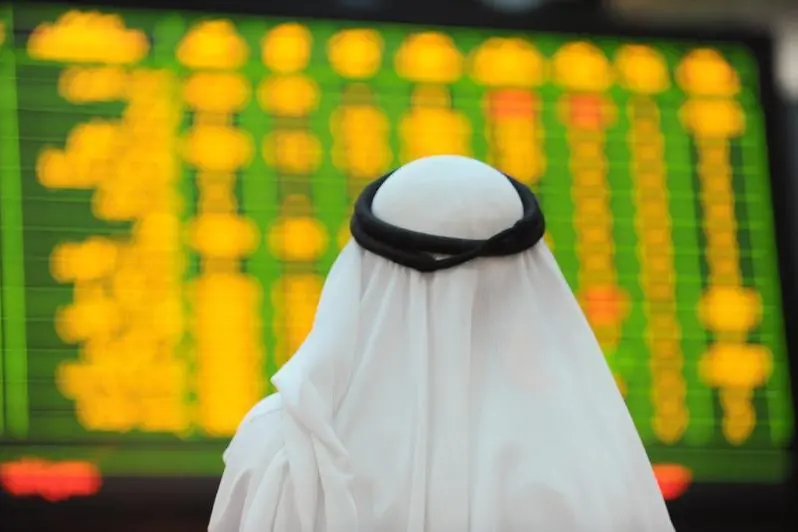PHOTO
Stock exchanges in United Arab Emirates rose on Friday after a fall in U.S. retail sales revived the chance of a rate cut. Retail sales dipped 0.8% last month, the biggest drop since March 2023, the Commerce Department's Census Bureau said. Economists polled by Reuters had forecast a 0.1% decline in January.
Most Gulf Cooperation Council countries, including the United Arab Emirates (UAE), peg their currencies to the U.S. dollar and follow the Fed's policy moves closely.
Dubai's main market settled 0.5% higher, hitting a nearly nine-year high after recovering from last week's losses. Gains in the index were driven by market heavyweight Emaar Properties and Emirates NBD Bank that rose 1.6% and 1.7% respectively.
Strong local fundamentals and bullish sentiment could drive further gains on the Dubai index, Head of Market Research MENA at XS.com Ahmed Negm said, adding risks persisted "as geopolitical tensions in the region remain highly uncertain".
Abu Dhabi's benchmark index rose 0.2%, extending gains to a straight fourth session, helped by a 3.1% jump in IHC-owned investment company Multiply Group, while Abu Dhabi's biggest developer Aldar Properties increased 1.2%.
Abu Dhabi index recorded a 0.2% weekly gain after four weeks of losses, while the Dubai index notched up 1.8% on a weekly basis, LSEG data showed.
However, oil prices - a catalyst for the Gulf's financial markets - slipped on Friday after the International Energy Agency said oil demand was slowing as non-OPEC supply expands.
Brent crude fell 0.92% to $82.10 a barrel by 1146 GMT.
- ABU DHABI rises 0.2% to 9,427
- DUBAI up 0.5% to 4,259
(Reporting by Mohd Edrees in Bengaluru; editing by Barbara Lewis)




















